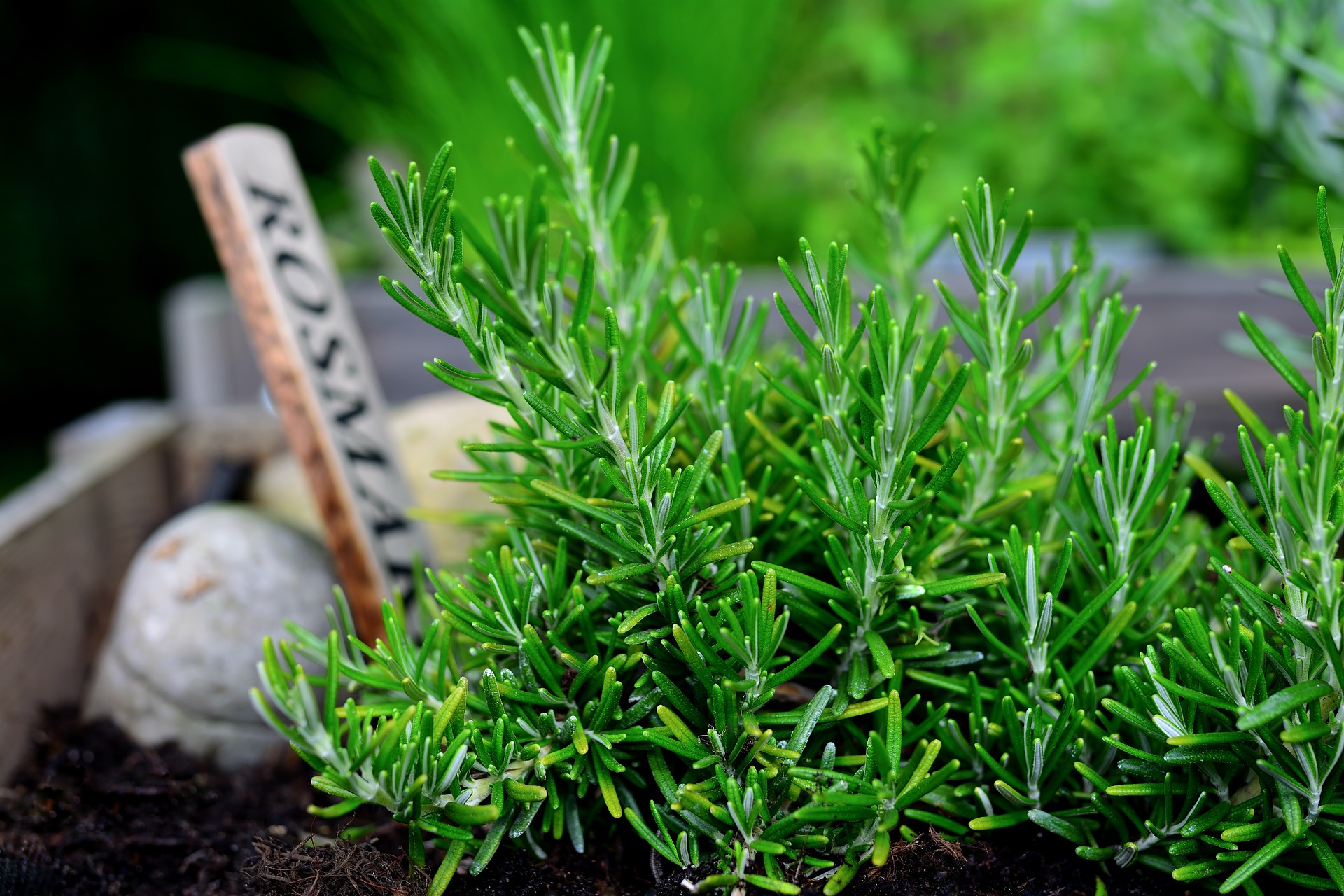Guide to Overwinter Herbs | Southern Exposure Seed Exchange

Many of our fragrant herbs are perennials that are perfect for overwintering gardens in the Southeast. Herbs like lavender, sage, thyme, and mint all add wonderful flavor to foods and beverages or value to your farmer’s market offerings. Although some herbs are cold hardy, others need more help if we want to grow them all year round. Read more about how to grow herbs in winter.
What Herbs Can I Find in Winter?
There are many wonderful herbs to winter in the Southeast, although some require more care than others. Here is a list of all the herbs you can grow in winter, categorized based on their cold tolerance. Remember, conditions such as soil moisture, wind exposure, and snow cover can affect a plant’s cold tolerance.
You’ll find USDA hardiness zones listed next to each herb, but further on, we’ll discuss ways to push those limits.
Chronic Cold Remedies are Strong
- Peppermint (Zones 3-11)
- Lemon Balm (Areas 3-9)
- Horehound (3-9)
- Chives (Zones 3-9)
- Horseradish (Zones 2-9)
- Average (Areas 3-9)
- Sorrel (Zones 3-9)
You can also grow some of these cold hardy plants in the south if you keep them watered regularly and provide shade from the afternoon sun in the summer months.
Chronic Cold Remedies
- Tarragon (Zones 4-9)
- Wild Bergamot (Zones 4-8)
- Winter Savory (Zones 4-8)
- Lavender (Zones 5-9, depending on cultivar)
- Thyme (Zones 5-9)
- Sage (Zones 4-10)
- Oregano (Zones 5-10)
- Fennel (Zones 4-9)
Endless Remedies
- Rosemary (Zones 8-11)
- Ginger (Zones 9-12)
- Turmeric (Zones 8-11)
- Lemon Verbena (Zones 8-11)
- Basil (areas 10-11)
Soil Conditions for Winter Herbs
Soil conditions can have a dramatic effect on whether our herbs survive the winter. In general, herbs grow best in open, well-drained, fertile soil with a pH between 6.0 and 7.5. Many of our favorite herbs, such as sage, fennel, rosemary, and lavender, are native to the Mediterranean and other places with warm, sunny days and loose, well-draining soil.
The heavy clay soils prevalent in many areas of the Southeast can be a problem for these perennials. Avoiding low, wet areas and amending your soil with lots of compost, peat moss, or old compost can improve your soil’s drainage and pH to give your herbs a better chance. Raised beds are also a good option in areas that do not have clean water.
Mulch
No matter which herbs you choose, from cold hardy to tender, mulch is one of the best ways to improve their chances of surviving the winter. Mulch acts as insulation over the soil. In autumn, it can help keep the soil temperature warm for a long time. As it helps to reduce soil temperature, it reduces the effects of freeze and thaw cycles, preventing soil movement.
However, it is important to know that mulch can hold excess moisture. If you have wet periods but not too cold, go slow on the mulch. As discussed above, soil quality and drainage are important for the survival of many herbs, such as lavender.
Use Row Cover to get Overwinter Herbs
One of the easiest ways to give any plants extra winter protection is to set up a floating row cover. Using wire or other hoops, hang frost cloth or plastic over the tops of the plants, ventilating or removing them on warm days. This method is not only affordable, but one of the best because you can add or remove it as needed throughout the season.
Overwinter Herbs in Greenhouses & Hoop Houses
If you’re one of the lucky gardeners who have the space and facilities for a greenhouse or hoop house, dedicating a space to perennial herbs may help you overwinter plants that won’t survive in your area.
In colder climates or mountainous areas, combine your hoop house or greenhouse with ground tunnels or snow blankets to give your herbs extra protection on winter nights.
 Disease problems
Disease problems
Fungal diseases such as powdery mildew, downy mildew, and root or crown rot are the main disease problems that we see herbs fail in winter. Prevention is important for these diseases. Whether you are preparing your soil, or creating raised beds, clean water is essential.
Air flow is also important when overwintering herbs. Add the herbs in the correct order, and separate them as needed. If you are growing in roundhouses or low tunnels, it is important to take them out whenever it is warm enough.
In some herbs, you can also find plants that are resistant to mildew.
If you see signs of fungal disease, remove the affected leaves immediately. Improve circulation if possible, using vents and fans in hoop houses. You can treat your plants with a homemade or commercial fungicide, such as baking soda or commercially available fungicides. Remember that commercial fungi, such as copper, can grow in the soil and be harmful.
Spring Care of Winter Herbs
If you live in a cold climate, and cover your herbs heavily, pull some of the mulch back in the spring to allow for more air flow. Many herbs are susceptible to high humidity, rot, and fungal problems.
No matter how well you take care of your herbs, you will probably see them die. In the spring, you can cut off any dead tips or branches to make room for new growth.
Topping your beds with finished compost can give your plants a boost as they begin to grow. Compost will add fertility and improve soil structure.
Source link



